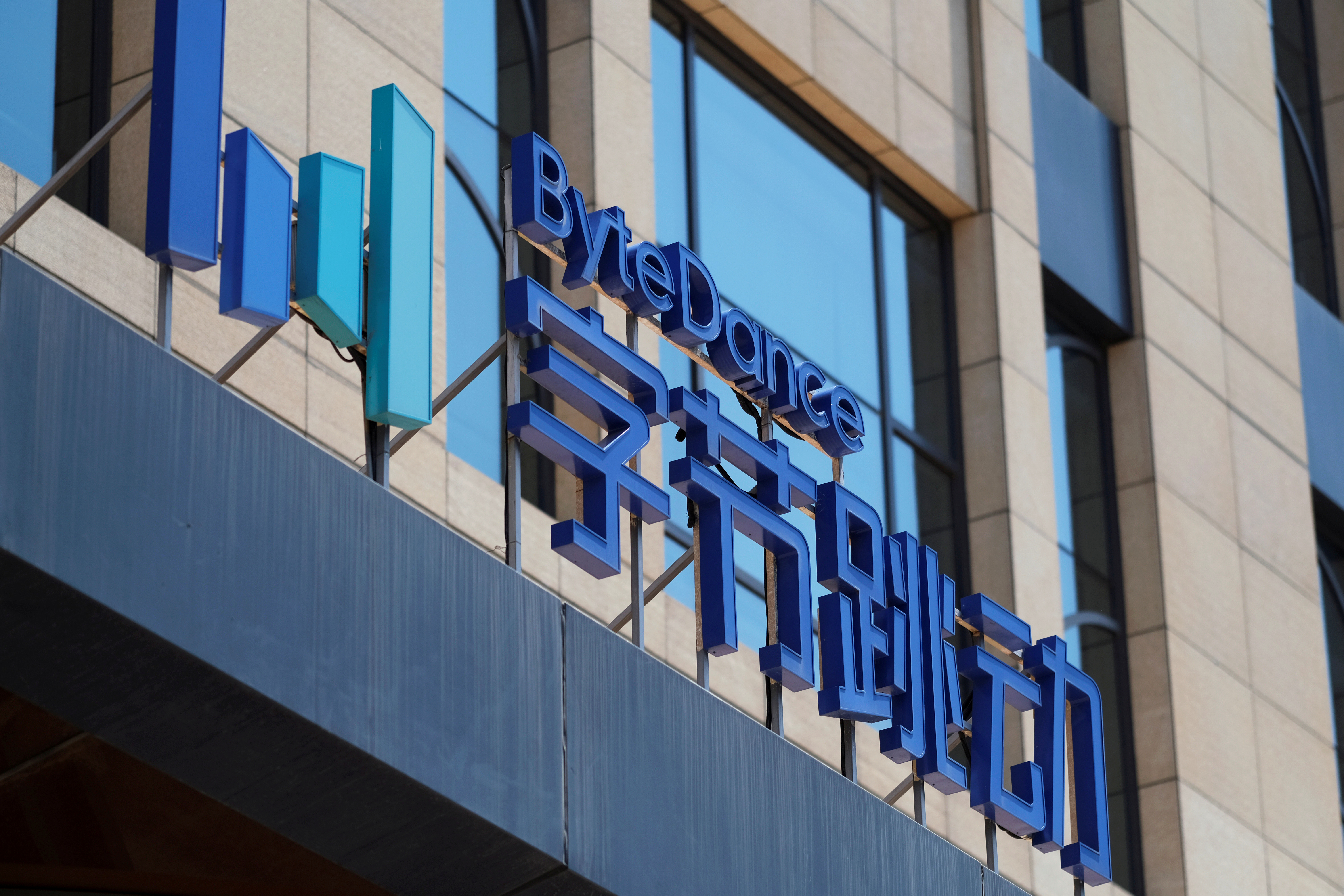(ATF) TikTok parent company Bytedance has bought a rare earth company as it seeks to lock in a dependable supply of the key materials used to make tech devices as prices for the commodities soar.
Beijing Beibei Information Technology, a rare earth nugget-related company, was acquired in full by Beijing Interactive Extreme Technology, a subsidiary of Bytedance, Beijing News reported. The ultimate beneficiary and controller of the rare earth nugget firm is Zhang Yiming, the founder of Bytedance. It is expected the firm will focus on developing new technologies based on the minerals.
The move comes as prices of the new ‘hot’ commodity rise rapidly on exchanges, as reported in ATF. China is the world’s leading supplier and processor and fluctuations have global consequences. The 17 minerals are used in everything from iPhones to nuclear missiles.
READ MORE: TikTok peers race for Hong Kong listing
Chinese researchers First Finance forecasts that prices will continue to rise in the rest of 2020.
According to the Xinhua Index, China’s Rare Earth Price Index climbed to 1,259.5 points on November 2, an increase of 3.83 points or 0.30% from the previous working day. The price of praseodymium and neodymium oxide continues to rise, and the spot supply in the market is still tight. Magnetic companies are generally willing to accept and purchase on demand.
Xiamen Tungsten, Northern Rare Earth, Minmetals Rare Earth and Guangsheng Nonferrous Metals in the rare earth permanent magnets sector have all posted surging profits in their third-quarter reports.
They achieved a total net profit of 1.041 billion yuan, a year-on-year increase of 32.6%. Among them, Xiamen Tungsten’s total net profit increased the most, reaching 368 million yuan, a year-on-year increase of 239%. Even so, profitability in its rare earth business fell 10% to 54.7m yuan.
Asia Eight: Daily must-reads from the world’s most dynamic region
Due to the Sino-US trade war China has been limiting exports at a national level, and slowed some production.
First Finance said that, according to the differences in physical and chemical properties and geochemical properties between elements and the requirements of the separation process, rare earth elements can be divided into light, medium and heavy varieties.
The light ones mainly consists of lanthanum, cerium, praseodymium, and neodymium, which can be used to manufacture automotive glass and ceramic pigments.
Medium and heavy rare earths contain elements such as terbium and dysprosium, which are mainly used in aerospace and defence industries. In the second-half of this year, due to the small supply of light rare earths, manufacturers were reluctant to sell even at higher prices, and prices surged. CITIC Securities believes that prices in the fourth quarter may increase steadily.
Downstream demand for the lighter materials is expected to gradually recover from the Coronavirus impact, and the price of light rare earths may increase steadily.
Demand for heavy rare earth is highest for national reserve stockpiling and is expected to climb further, lifting prices. China’s national reserve is expected to continue growing as nations recognise the strategic importance of them. As storage becomes an issue, prices may stabilise.
READ MORE: Push for trading exchange to stabilise rare earth pricing in China
First Finance said the overall layout of China’s industry chain and the medium- and long-term development pattern is expected to continue to improve.
China commands the market in the commodities. The upper and middle reaches of the industry chain have obvious advantages as they have built the processing infrastructure, while other countries have shut theirs down.
The environmental cost to China has yet to be properly addressed. Under the guidance of policies, the downstream processing sector will continue to developing as these ores are toxic, new laws are being drawn up to better protect the environment.
Huaan Securities stated that the implementation of the resource tax law had reduced payments on rare earth resources to 20% from 27%, which is conducive to corporate profit growth.
























